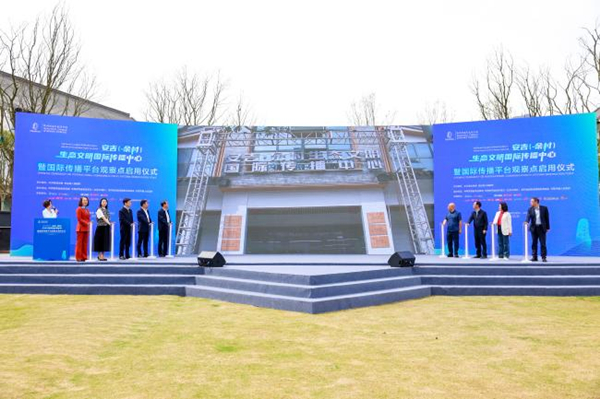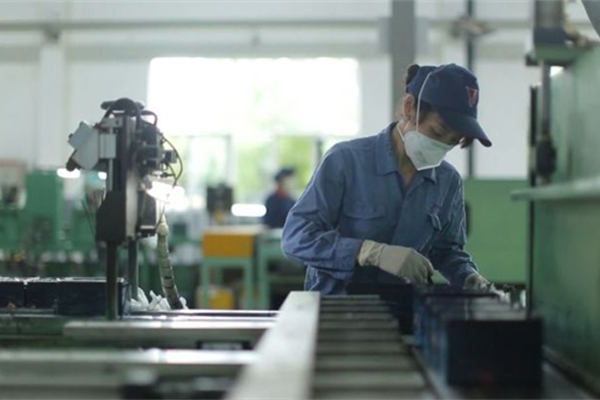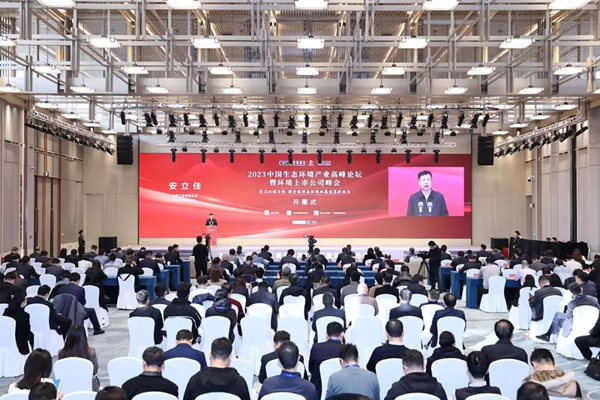Digitalization ensures tea authenticity, improving sales
Huzhou's Anji county has been actively employing digital technologies to ensure the authenticity of white tea produced in the county and to improve its output.
Anji white tea is a variety of green tea primarily produced in Xilong town in Anji. It has been among the top 10 regional public tea brands in China for over 10 years and was even recognized by the royal family of the Kingdom of Morocco.
In August 2020, the tea was listed among the first batch of geographical indication (GI) products recognized by the EU.
The tea entered its harvest season last week and a digital management system was launched to ensure the products' authenticity. The system can track data related to the planting, processing, packaging, storage, and sales of the tea.
In addition, efforts have also been made to facilitate the application of digital technology in tea plantation and processing. To date, the county has built five smart tea gardens, covering a total area of 16,000 mu (1,066.7 hectares).
Via sensors installed in the garden, real-time data related to soil, air, and humidity can be retrieved. Farmers will be alerted in case anything goes wrong.
Zhu Renyuan, who runs a smart tea garden in Anji, forecasted that the revenue of his tea garden will exceed 10 million yuan (1.54 million) this year, an increase of about 2 million yuan from last year.
In addition, local authorities are making efforts to enhance production capacity by building smart processing factories.
Xu Wanfu, general manager of Zhejiang Anji Songming White Tea Co Ltd, said that the company's tea processing factory's capacity has increased from 60 metric tons to 125 tons after the digital transformation.
The output of Anji white tea is estimated to be 2,000 metric tons this year, with the price of dried tea increasing year-on-year to about 2,000 yuan per kilogram.





